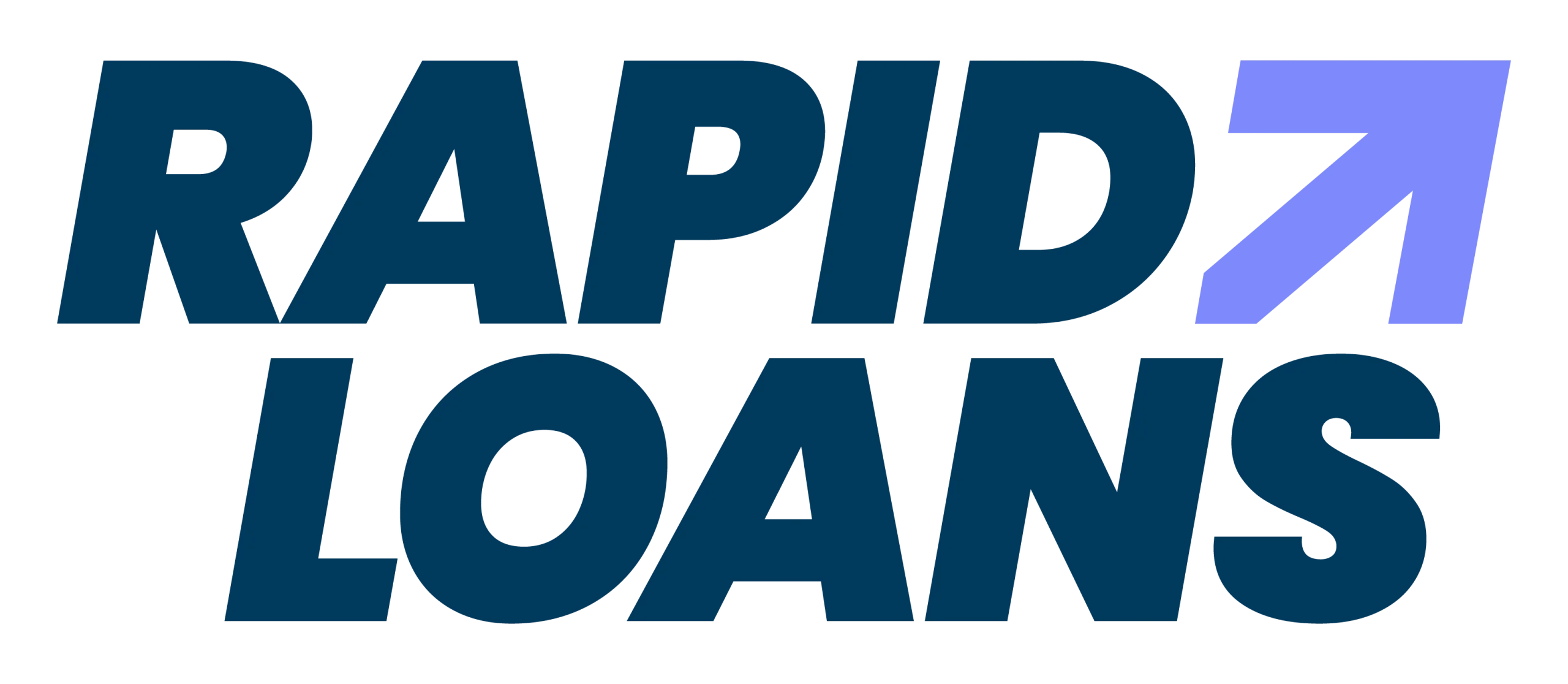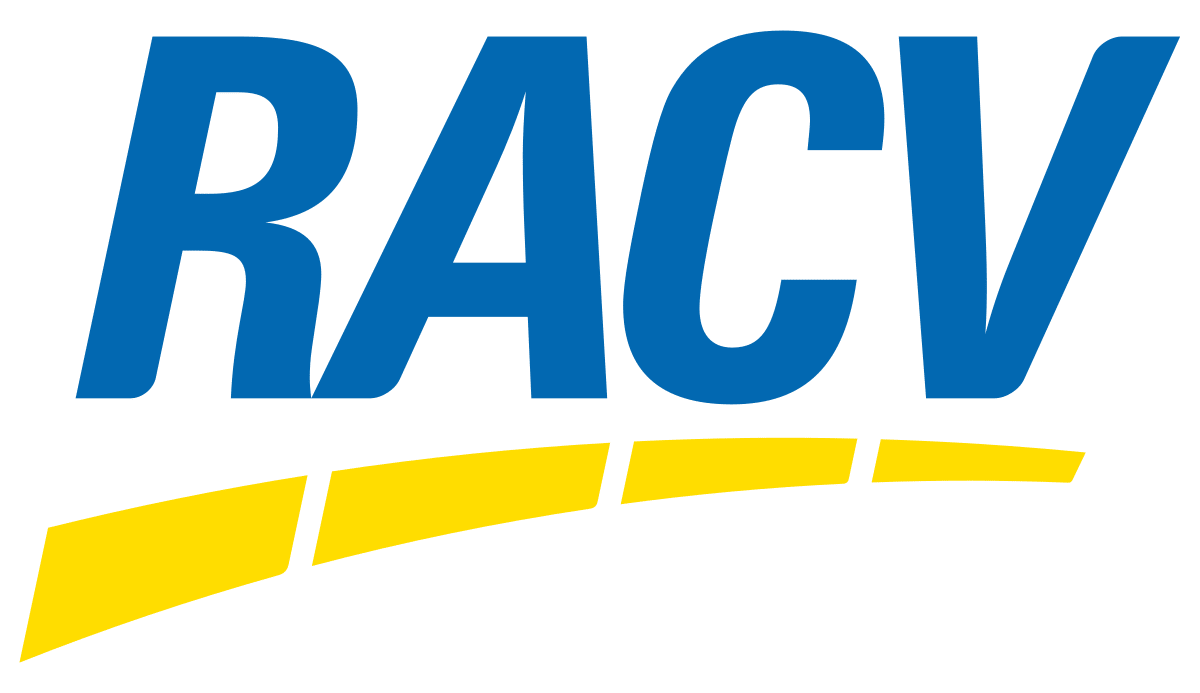Our range of bad credit loan options
Car
Bad credit doesn’t need to be a roadblock for your car loan application. Savvy can connect you with specialist vehicle lenders that work with borrowers with poor credit to secure suitable car finance. In 2025, the average bad credit car loan size was $29,869.
Leisure
If you’re looking to finance a leisure vehicle or craft, we can help. Our team can match you with lenders that offer fast approvals for motorbikes, caravans, boats and jet skis, even if you have bad credit. The average loan size for bad credit leisure finance through Savvy was $19,094 across 2025.
Commercial
Whether you’re running a business with a poor credit score or just starting out, we can find a finance option for you. This includes unsecured loans and secured finance to purchase or lease commercial assets like vehicles and equipment. Business owners with bad credit borrowed an average of $41,000 through Savvy in the 2024-25 financial year.
Personal
Personal loans offer flexible finance for almost any purpose, from holidays to debt consolidation. We’re partnered with specialist lenders that consider applications from people with bad credit, helping you find a solution that suits your needs.
Home
Even for a loan as large as a mortgage on a home, there are lenders willing to work with borrowers who have low credit scores. Savvy can help you explore your home loan options and get the ball rolling on your application.
Small
These smaller loans of up to $5,000 provide quick access to cash. Approval is based more on your ability to repay than your credit score, so you could be funded in as few as 60 minutes even with bad credit.
How are bad credit loans different to regular loans?
In terms of how they work, bad credit loans are no different from the equivalent loans for good credit. You’ll still borrow money and repay it in instalments over a set term with interest and fees. However, here’s where you’ll find the differences between bad and good credit loans:
- Interest: bad credit finance will usually come with higher interest rates, meaning you’ll pay more for them overall.
- Fees: on top of interest, you may be charged higher fees as well to mitigate the risk taken on by your lender.
- Loan amounts: in most cases, your borrowing power will be capped at a lower maximum than it would be for applicants with good credit. This is even the case if you’re a high income earner. For example, where a car loan mightn’t otherwise have a borrowing cap, you may be restricted to around $50,000 by some lenders.
- Loan terms: lenders may be less willing to approve a long-term loan for an applicant with bad credit. For example, rather than being given the green light for a seven-year car loan, you may only be approved for up to five years instead.

Not all bad credit is alike
"Not every lender treats bad credit the same. Each has its own benchmarking to determine your eligibility based on your current circumstances.
As an example, if you have a bad credit score but are a property owner, one lender might still offer you their best rate, while another may treat you as a regular bad credit customer.
That’s why it’s beneficial to get your application seen by as many lenders as possible, but not by just applying to everyone."

If I have bad credit, will my loan be unsecured?
Having bad credit doesn’t automatically mean you’ll be forced to take out an unsecured loan. While many personal loans are unsecured, you’ll still have the option with some lenders to take out a secured loan. Doing so may improve your chances of approval, as well as potentially decrease your interest rate and increase your borrowing power and available loan term.
It’s important to note, though, that secured loans may take longer to process and will have restrictions on the asset you can buy. For example, when purchasing a car, it’ll need to be within your lender’s accepted age range and meet other requirements related to make and condition. Unsecured loans enable you to buy any car of any age or condition.
Why apply for a personal loan with Savvy?
Help from the experts
When you submit your application, one of our consultants will compare the best available options and walk you through the process.
Paperless applications
You don't need to worry about sifting through documents and visiting the post office, as they can all be submitted online.
Reputable lending partners
We've partnered with personal loan companies you can trust to ensure your comparison is a high-quality one.
How to apply for a bad credit personal loan
-
Apply online
Fill out our quick form to tell us about yourself.
-
Send your docs
Supply any necessary documents for verification of your profile.
-
Speak with your broker
One of our brokers will call you to discuss your situation.
-
Prepared, approved and signed
We’ll prepare your application, so once approved, you’ll receive the funds.
How to increase your chances of approval for a bad credit loan
-
Improve your credit score
The better your score, the better your chances of loan approval. Things like paying bills on time, keeping credit card balances low and avoiding multiple credit applications in quick succession can help rebuild your score over time.
-
Pay off outstanding debts
Every debt you have will impact your ability to borrow. By paying them down, you’re both reducing your financial commitments and showing lenders you’re capable of paying your debts.
-
Save up a deposit
Demonstrating savings will increase a lender’s confidence in you as a borrower. On top of this, putting down a deposit reduces the required loan amount, reducing the potential risk taken on by your lender and cutting down on the interest you’ll have to pay.
-
Lower your credit limits
Lowering the limits on your credit cards decreases the amount of overall unsecured debt you’re exposed to. Even if you don’t have any debts outstanding on your credit card, it can be impacted by a high limit, so reducing it can improve your chances of getting a loan.
-
Try to avoid job and address changes
Lenders want to see stability. Staying in the same job for an extended period and living at the same address in the months and years leading up to your application can make a big difference.

Bad credit is far from the end
"Bad credit lenders are keen to finance your future, not your past.
If you’re trying to make amends for your previous bad history, organising a payment plan or consolidating your debts and having a clean repayment history on these will show lenders that you’re committed to improving your finances.
The same goes with employment: if you can show a stable income over six months (even casual), this will go a long way towards getting you approved."



















